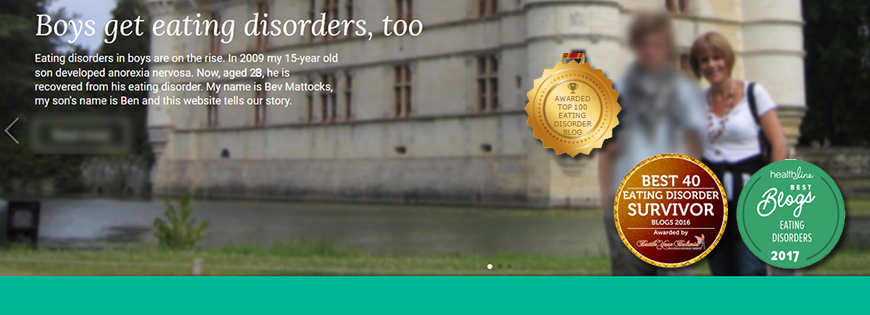I've been busy reading up on Complex Post-Traumatic Stress Disorder (C-PTSD) - "a type of post-traumatic stress that results more from prolonged stress than it does from one-defining, life-threatening event" and how it differs from 'Simple' Post-Traumatic Stress Disorder (PTSD). Although there is overlap, C-PTSD symptoms are slightly different - which is good news for me as, for some time, I struggled to understand why my particular brand of PTSD wasn't a textbook case. Take my nightmares, for example, and flashbacks, neither of which are visual carbon-copies of the actual trauma itself, more 'representations'.
I won't go into detail here; I started, but got bogged down in what was fast-becoming a scientific blog and that's not what I want to do here. Suffice to say that I appear to be pretty much 'textbook' when it comes to C-PTSD and, as such, a more complex type of treatment is required (which can include EMDR). A kind of 3-prong approach which can take much longer than 'standard' EMDR.
It would also explain why all the other therapies failed to deliver results - something that appears to be common with most C-PTSD sufferers.
Both PTSD and C-PTSD are a 'nurture' rather than 'nature' problem. They aren't mental illnesses, as such, more the brain's normal reaction to abnormal events.
Will my EMDR sessions achieve results?
Really, I need to ask my therapist how much she knows about C-PTSD because, surely, you need to know about the problem you are treating even if it is related to PTSD?

No comments:
Post a Comment